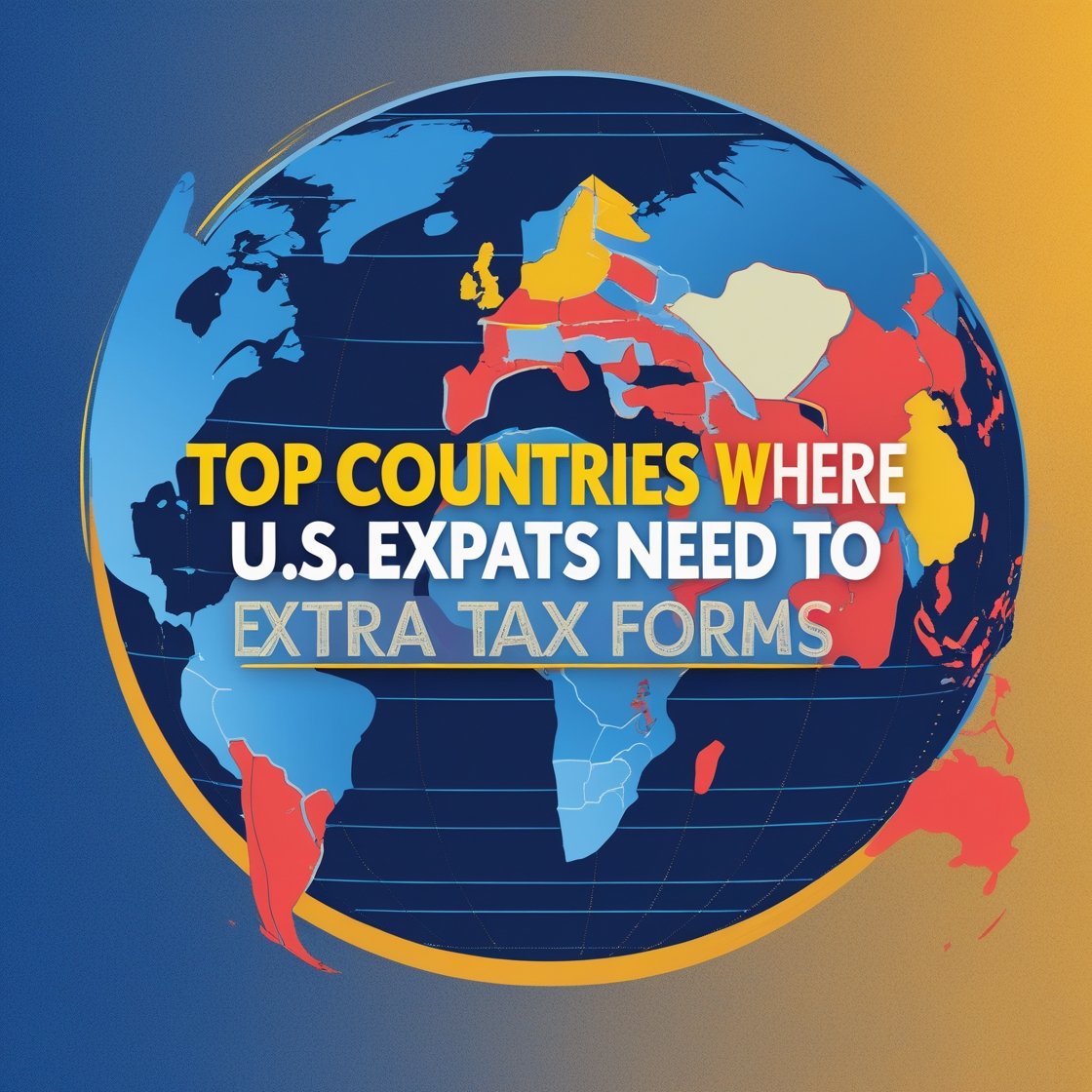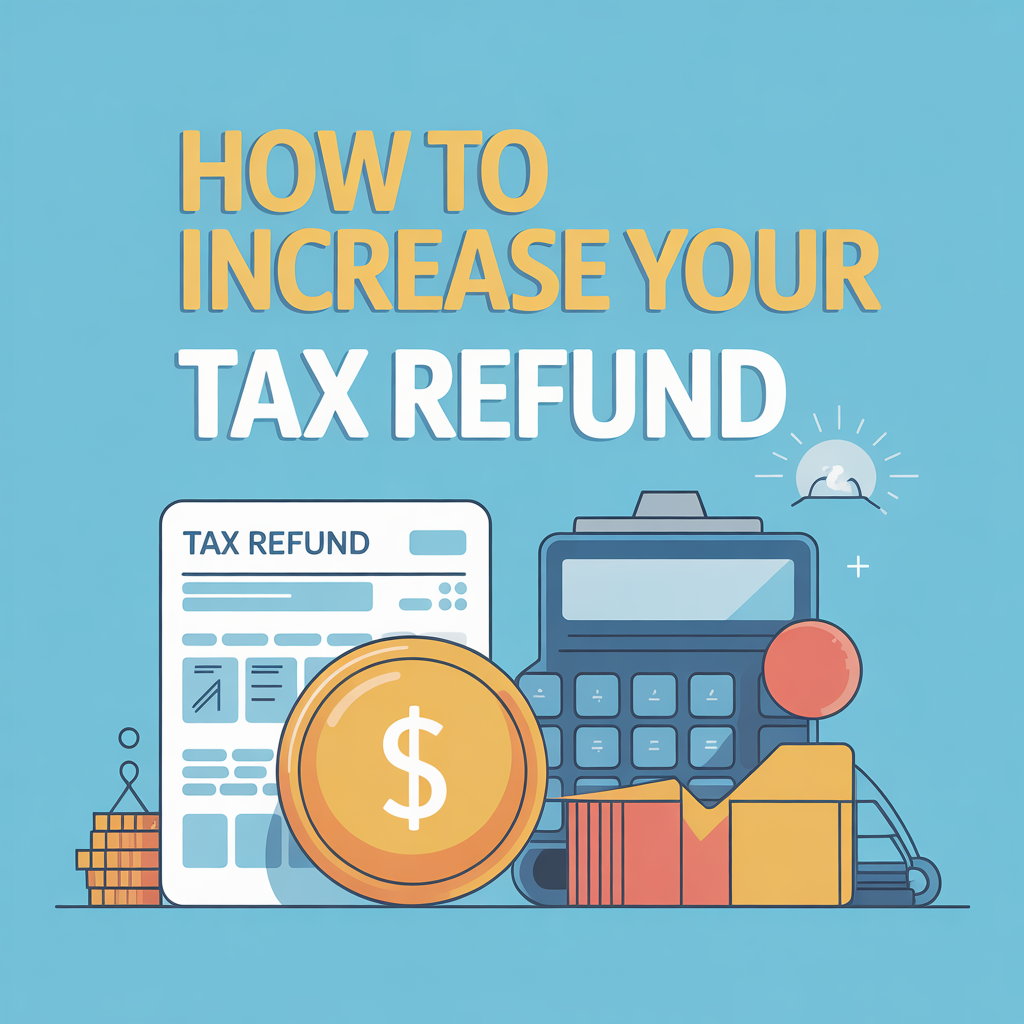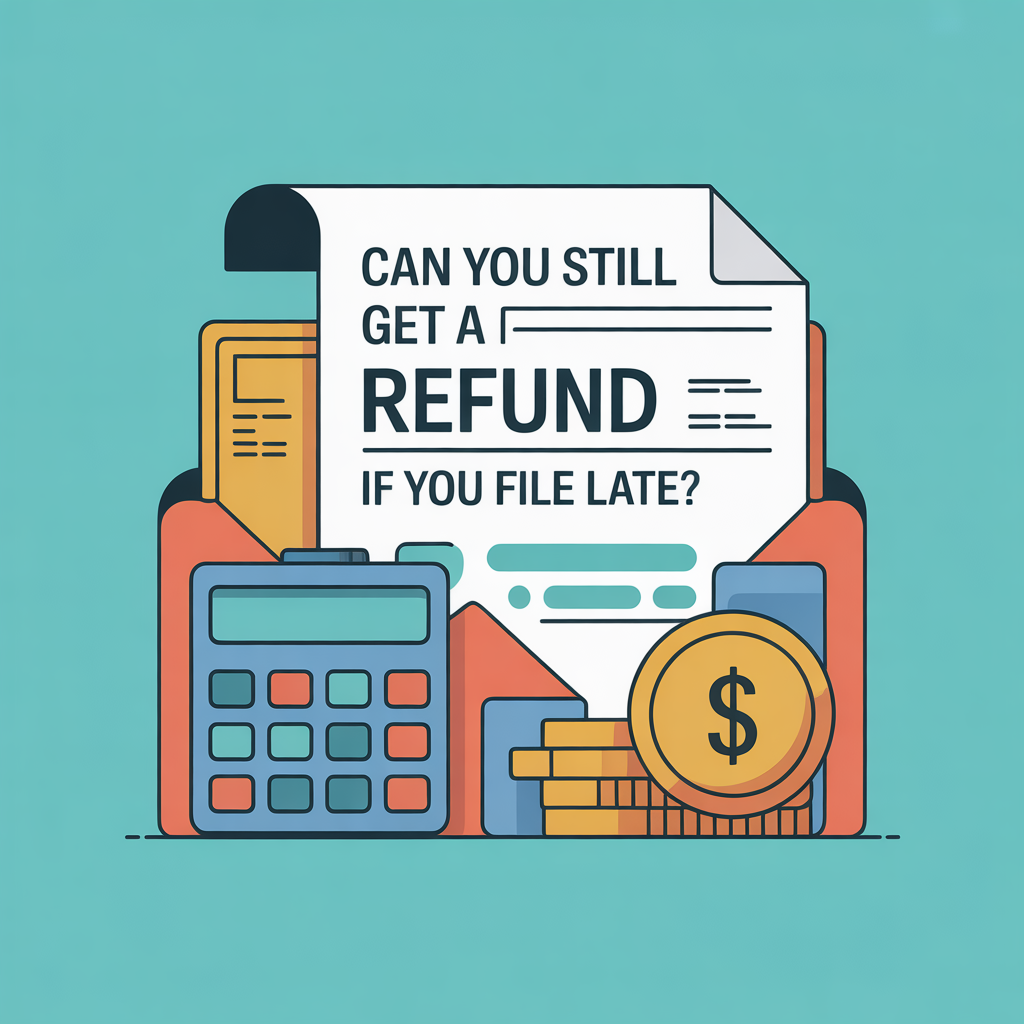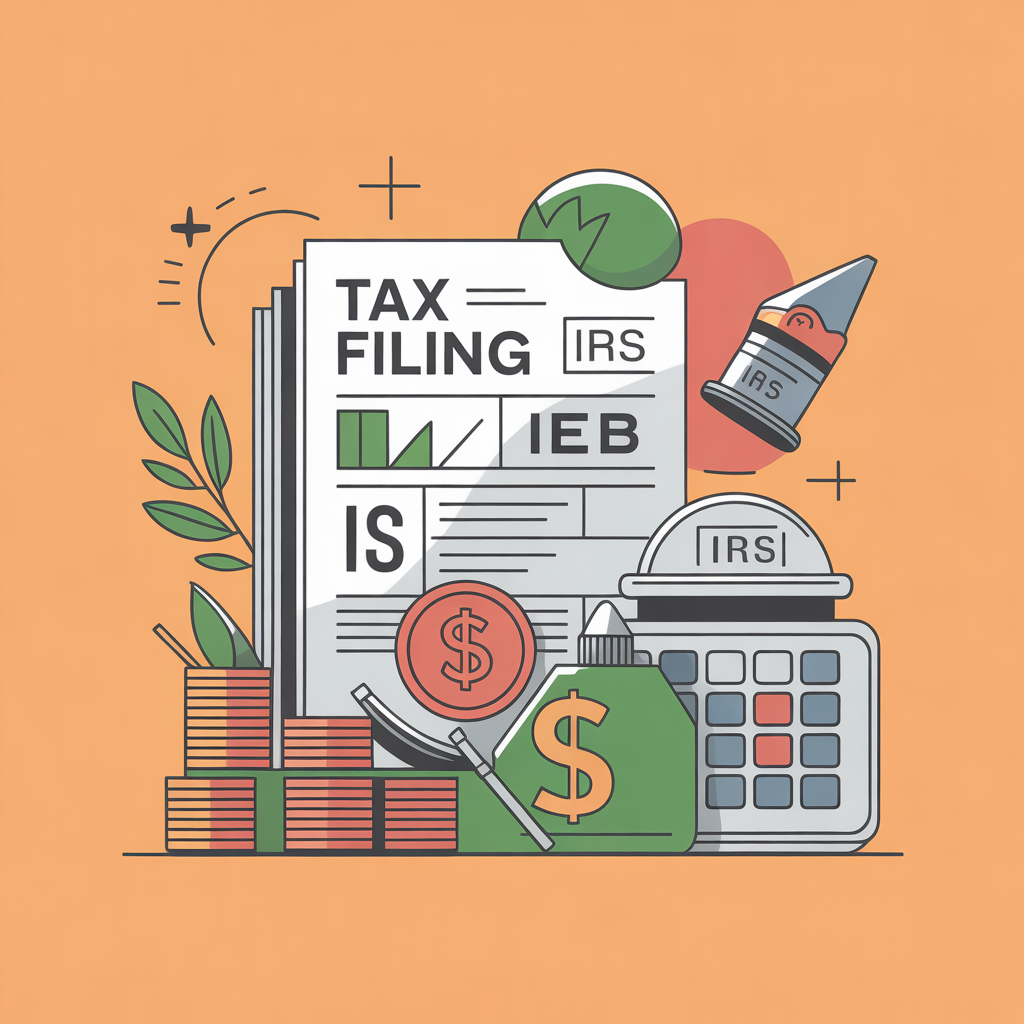Living abroad as a U.S. citizen comes with its share of perks—new cultures, exciting adventures, and sometimes even lower costs of living. But one thing that doesn’t go away is your responsibility to file U.S. taxes, no matter where you live.
In fact, depending on which country you move to, you might have to deal with extra tax forms and reporting requirements. Here’s a breakdown of the top countries where U.S. expats typically face additional filing obligations—and what to do about it.
- United Kingdom
The U.K. has a tax treaty with the U.S., but that doesn’t mean you’re off the hook.
Extra forms you may need to file:
- Form 2555 – To claim the Foreign Earned Income Exclusion (FEIE).
- Form 1116 – To claim a Foreign Tax Credit if you’re paying U.K. taxes.
- FBAR (FinCEN 114) – If your total foreign bank accounts exceed $10,000.
- Form 8938 (FATCA) – If your foreign assets exceed IRS thresholds.
Pro tip: If you have a U.K. pension or ISA, you might need to report those as foreign trusts or investments.
- Canada
Our northern neighbors have their own complex relationship with U.S. tax law.
Extra forms to consider:
- Form 3520 – For Canadian Registered Education Savings Plans (RESPs) or similar accounts.
- Form 8621 – If you hold Canadian mutual funds (these are PFICs—Passive Foreign Investment Companies—in the IRS’s eyes).
- FBAR and FATCA also apply here.
Pro tip: RRSPs are tax-deferred in both countries only if you file the proper election.
- Australia
Australia’s high reporting transparency with the U.S. IRS puts expats in the spotlight.
Forms that may apply:
- Form 8621 – Common if you invest in Aussie managed funds.
- FBAR & FATCA – For bank accounts and superannuation funds.
- Form 3520 – If your superannuation is considered a foreign trust (which is a gray area).
Pro tip: The IRS doesn’t treat Australian retirement accounts the same way as the ATO (Australian Tax Office) does.
- Switzerland
Swiss privacy laws don’t mean much when it comes to FATCA—Switzerland fully complies with U.S. disclosure rules.
Expect to file:
- FBAR and FATCA – Especially for high-balance accounts.
- Form 8938 – If you hold investments or retirement accounts.
- Possible PFIC reporting for local investments.
Pro tip: The IRS often flags Swiss accounts for audits, so accurate reporting is key.
- United Arab Emirates (UAE)
With zero income tax, the UAE is popular for high-earning U.S. expats. But that doesn’t mean zero U.S. tax obligations.
You might need:
- Form 2555 – To exclude income earned in Dubai, Abu Dhabi, etc.
- FBAR and FATCA – If your bank accounts or investments are over the thresholds.
Pro tip: UAE doesn’t have a tax treaty with the U.S., so foreign tax credits likely won’t apply.
Other Noteworthy Mentions
Germany:
- Complex pension systems = potential extra reporting (e.g., foreign trust treatment).
France:
- Investment-heavy culture could trigger PFIC reporting on mutual funds.
Singapore:
- No tax treaty + high savings culture = FBAR and FATCA red flags.
Being a U.S. expat means keeping up with not just the IRS—but also the reporting requirements based on where you live. Some countries are more tax-complex than others, and missing the right forms can lead to penalties.
Contact us: +1 (972)-996-6644
Email us : info@theriwa.com Visit our website : https://theriwa.com/






